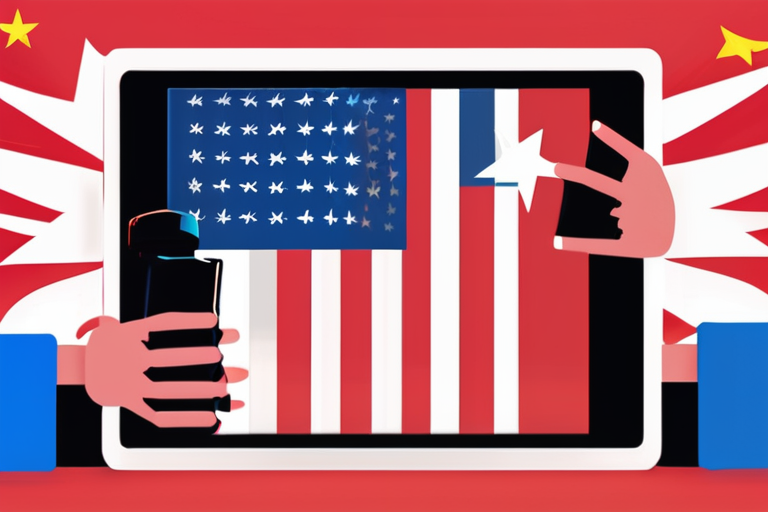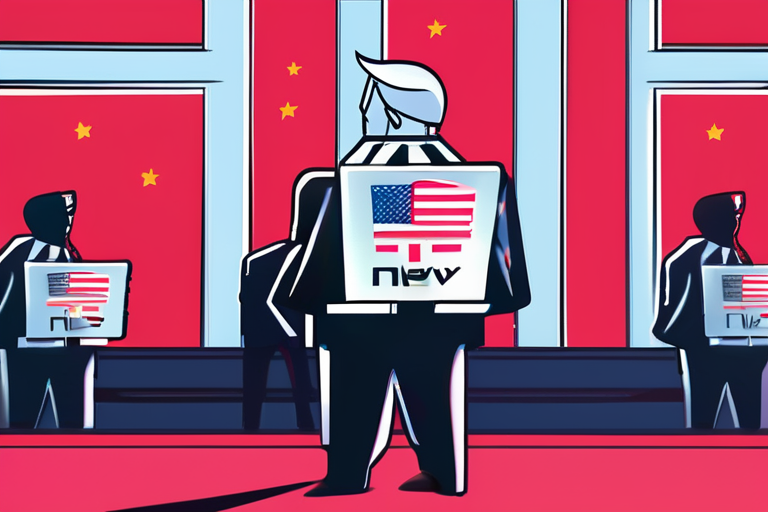A federal judge on Tuesday ruled in favor of Meta, dismissing a long-standing antitrust lawsuit filed by the Federal Trade Commission (FTC) that sought to force the social media giant to spin off its popular messaging app WhatsApp and photo-sharing platform Instagram. The decision marks a significant victory for Meta, which has been at the center of a heated debate over its business practices and potential anti-competitive behavior.
The FTC had alleged that Meta's acquisition of Instagram in 2012 and WhatsApp in 2014 was part of a "buy or bury" strategy to eliminate competitors and protect its dominance in the social networking market. The agency claimed that Meta overpaid for the two companies, which would have been a more viable option if they had remained independent. However, U.S. District Judge James E. Boasberg rejected the FTC's arguments, stating that the agency had failed to provide sufficient evidence to support its claims.
In a statement, Meta praised the court's decision, saying it "affirms the company's long-held position that the acquisitions of Instagram and WhatsApp were pro-competitive and beneficial to users." The company also expressed relief that the ruling puts an end to a lengthy and costly legal battle. "We're glad that this matter is behind us, and we can continue to focus on building and improving our products and services for the people who use them," a Meta spokesperson said.
The FTC had argued that Meta's acquisition of Instagram and WhatsApp had stifled competition and allowed the company to maintain a monopoly in the social networking market. However, Judge Boasberg disagreed, stating that the evidence presented by the FTC was insufficient to support its claims. "The FTC's case relies heavily on speculation and conjecture, rather than concrete evidence," the judge wrote in his ruling.
The ruling is a significant setback for the FTC, which had been seeking to regulate Meta's business practices and prevent the company from engaging in anti-competitive behavior. The agency had argued that Meta's dominance in the social networking market had allowed it to stifle competition and limit innovation. However, the court's decision suggests that the FTC's efforts may have been misguided.
The decision is also significant for the tech industry, which has been grappling with issues of competition and regulation. The ruling sets a precedent for future antitrust cases, and could have implications for other tech companies that have engaged in similar business practices. As the tech industry continues to evolve and grow, the issue of competition and regulation is likely to remain a contentious topic.
In the wake of the ruling, Meta is expected to continue to operate its social media platforms as usual, with no immediate plans to spin off WhatsApp or Instagram. The company has stated that it will continue to focus on building and improving its products and services, and will work to address any concerns raised by regulators and lawmakers. As the tech industry continues to evolve, it remains to be seen how Meta and other tech companies will navigate the complex landscape of competition and regulation.



























Share & Engage Share
Share this article